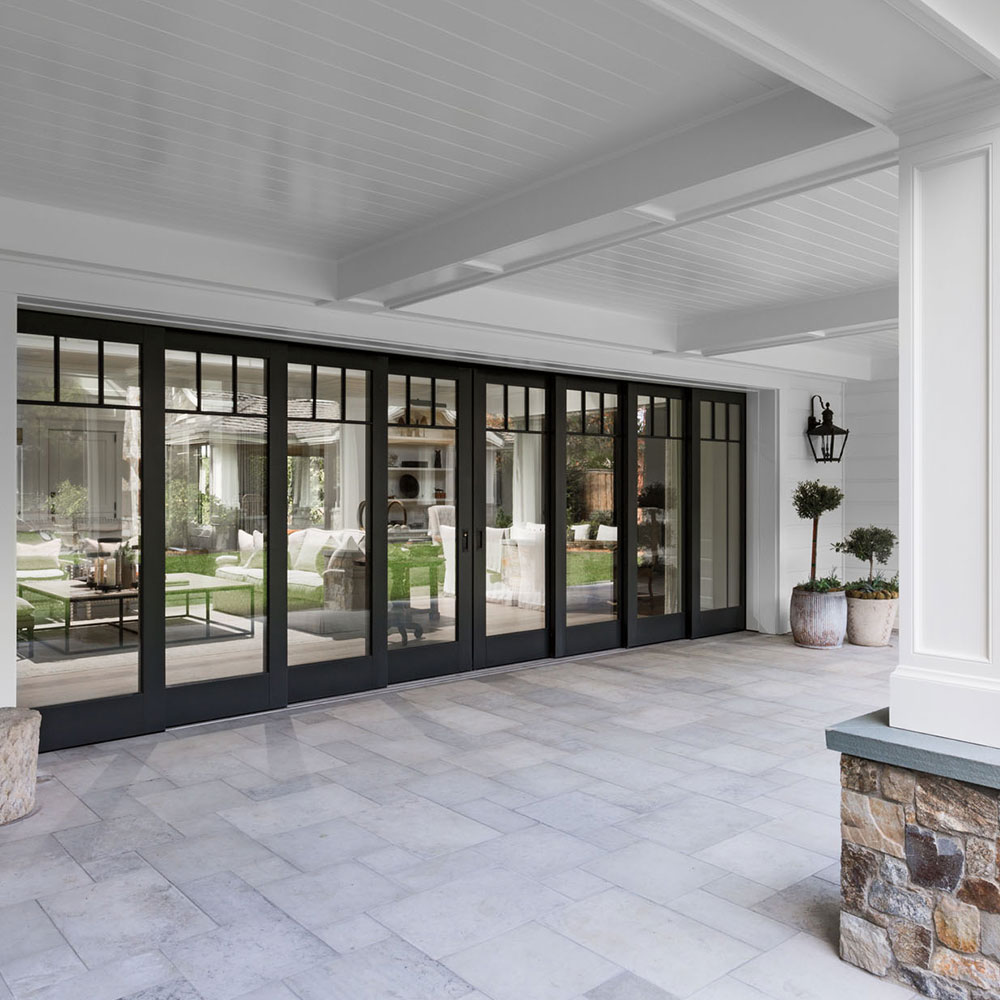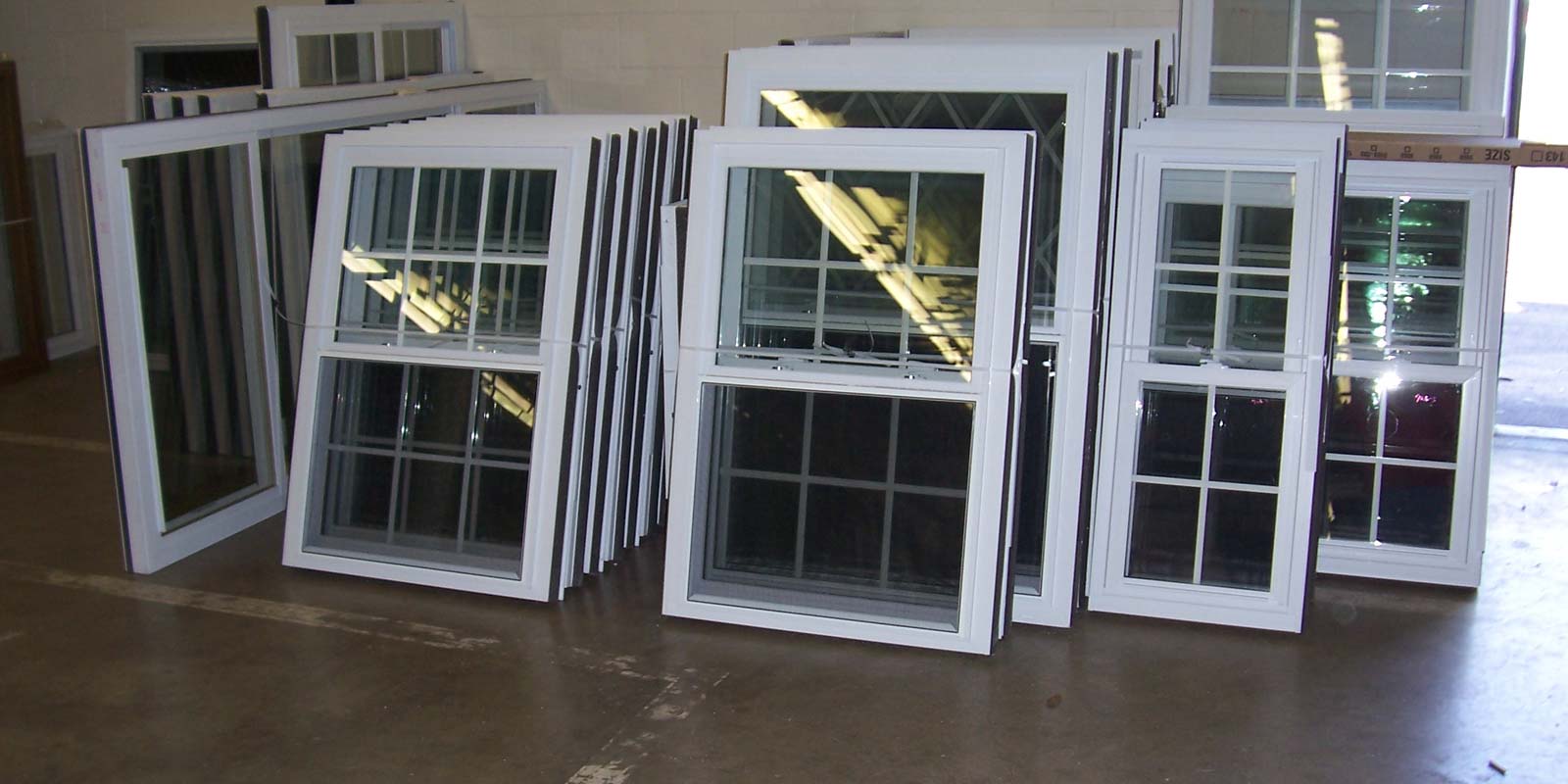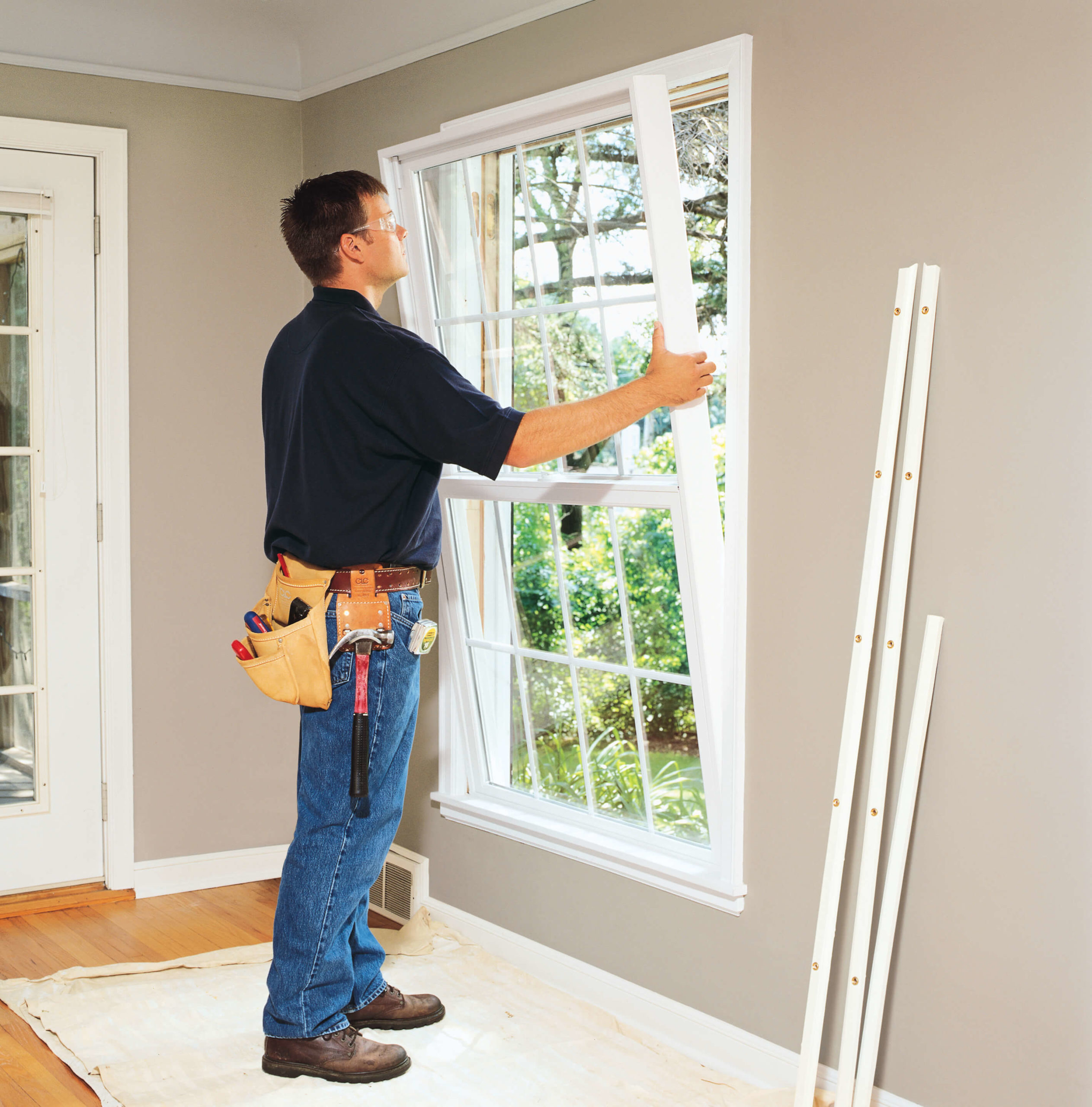High-Quality Window Replacement Solutions in Your Location
High-Quality Window Replacement Solutions in Your Location
Blog Article
Upgrade Your Home With Energy-Efficient Home Window Substitutes
In the world of home improvement, the decision to update to energy-efficient home window substitutes can significantly affect both the functionality and aesthetics of a house (Jersey Village window replacement). As house owners look for ways to enhance the efficiency and sustainability of their living areas, the choice of home windows plays a pivotal function in attaining these objectives. Beyond the surface area level of simple aesthetics, energy-efficient home windows use a plethora of benefits that go beyond plain aesthetic charm. With a careful choice process that thinks about various aspects, from glass types to setup strategies, getting started on this home upgrade journey could verify to be a transformative venture.
Benefits of Energy-Efficient Windows

The installation of energy-efficient home windows gives substantial cost savings on utility expenses while improving environmental sustainability. Energy-efficient home windows are developed to reduce warmth loss and gain, lowering the demand for heating and cooling systems to burn the midnight oil. By efficiently protecting the home, these windows aid keep a comfortable interior temperature level year-round, causing lower power usage and reduced energy costs. Furthermore, energy-efficient home windows can aid regulate wetness degrees within the home, minimizing the threat of mold and mildew and mold development.
Past the monetary advantages, energy-efficient windows add to environmental sustainability by decreasing carbon emissions related to energy production. By reducing energy use, these windows help mitigate the ecological impact of air conditioning, lighting, and home heating residential rooms. This decrease in power consumption plays an essential function in combating climate adjustment and advertising a greener future for generations ahead. Generally, purchasing energy-efficient windows not just boosts the comfort and efficiency of a home however likewise aligns with eco aware methods.
Kinds Of Energy-Efficient Glass
Numerous advanced kinds of energy-efficient glass offer special homes that cater to different needs and choices in improving the sustainability and effectiveness of buildings. Low-emissivity (Low-E) glass is a popular alternative designed to lessen the quantity of ultraviolet and infrared light that can travel through the glass, thus lowering heat transfer. This kind of glass helps preserve a constant indoor temperature level, lowering the need for home heating or cooling down systems, and ultimately lowering power costs. Another innovative choice is spectrally selective glass, which permits visible light to travel through while blocking particular kinds of infrared radiation. This aids in preserving a comfy interior setting while decreasing warmth gain. Triple-pane glass, consisting of 3 layers of glass with insulating gas between them, provides boosted thermal insulation, making it highly energy-efficient. Additionally, self-cleaning glass with a special covering that breaks down and loosens up dust when exposed to sunlight can reduce maintenance needs and keep home windows looking tidy. Each type of energy-efficient glass offers distinctive advantages, allowing property owners to pick one of the most ideal choice based on their specific needs and objectives.
Aspects to Take Into Consideration When Picking
When pondering energy-efficient window replacements, it is important to meticulously examine details aspects that align with your sustainability goals and wanted power financial savings. One important factor to take into consideration is the window's power performance ratings, such as the U-factor and Solar Heat Gain Coefficient (SHGC) The U-factor actions visit homepage how well the home window insulates, with reduced numbers suggesting far better insulation, while the SHGC suggests the window's ability to obstruct warm from sunlight. In addition, the window framework material plays a substantial role in power performance. Products like fiberglass, vinyl, or wood with thermal breaks are superb selections for minimizing warm transfer. Another crucial factor to consider is the window design and positioning concerning sunshine direct exposure. Selecting the right window design and tactically placing them can make best use of natural light while decreasing warmth gain or loss. Finally, installation top quality is crucial to guaranteeing the windows perform as meant. Correct setup assists stop air leak, making certain ideal energy performance. By meticulously assessing these factors, you can select energy-efficient home windows that enhance convenience, reduce energy prices, and profit the atmosphere.
Installation and Maintenance Tips

Regular upkeep is essential to maintaining the efficiency of your energy-efficient home windows. Evaluate the windows occasionally for any type of indicators of sealant, wear, or damage deterioration. Clean the frameworks, tracks, and glass frequently utilizing light soap and water to remove dust and crud that can influence performance. Check the weather-stripping and seals for any kind of splits or spaces and change them if required to preserve the home windows' energy effectiveness.
Additionally, lube browse around this web-site moving parts such as locks and joints to guarantee smooth procedure. By following these setup and upkeep suggestions, you can boost the power effectiveness of your home and lengthen the lifespan of your energy-efficient windows.
Cost-Benefit Analysis of Upgrading

Energy-efficient windows are made to reduce heat transfer, reducing the demand for heating and cooling systems to burn the midnight oil. This can cause considerable cost savings on energy bills, specifically in regions with severe temperatures. Additionally, energy-efficient home windows can enhance the total worth of your home, making it more appealing to possible purchasers if you make a decision to market in the future.
When calculating the cost-benefit evaluation, element in the potential cost savings on energy expenses, any offered rewards or discounts, and the life expectancy of the home windows. While the preliminary price may be greater, the lasting cost savings and benefits of energy-efficient home windows make them a wise investment for home owners seeking to boost their residential property's energy performance and value.

Final Thought
In conclusion, upgrading to energy-efficient home window replacements provides many benefits such as decreased power usage, increased comfort, and expense financial savings. By selecting the suitable kind of official source energy-efficient glass and taking into consideration factors like structure material and setup, home owners can make the most of the effectiveness of their home windows. Normal upkeep and proper installment are essential for lasting performance. In general, the cost-benefit analysis of upgrading to energy-efficient windows reveals that the preliminary financial investment can lead to significant cost savings in the long run.
When considering energy-efficient window replacements, it is important to thoroughly evaluate specific variables that align with your sustainability goals and wanted power cost savings. The U-factor steps how well the home window protects, with lower numbers suggesting much better insulation, while the SHGC indicates the home window's capability to block warmth from sunshine. By thoroughly evaluating these variables, you can pick energy-efficient windows that enhance convenience, decrease power expenses, and benefit the setting.
While energy-efficient home windows might have a higher ahead of time price contrasted to conventional home windows, the long-lasting benefits frequently outweigh the preliminary investment.In verdict, upgrading to energy-efficient home window replacements supplies various advantages such as minimized energy usage, increased convenience, and cost financial savings.
Report this page